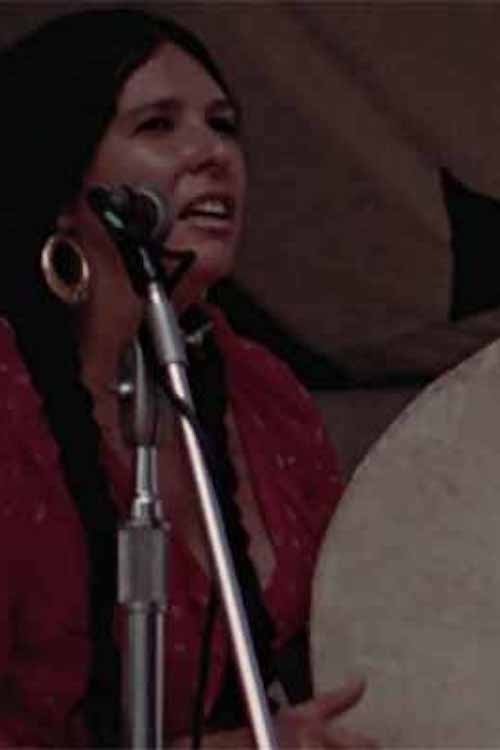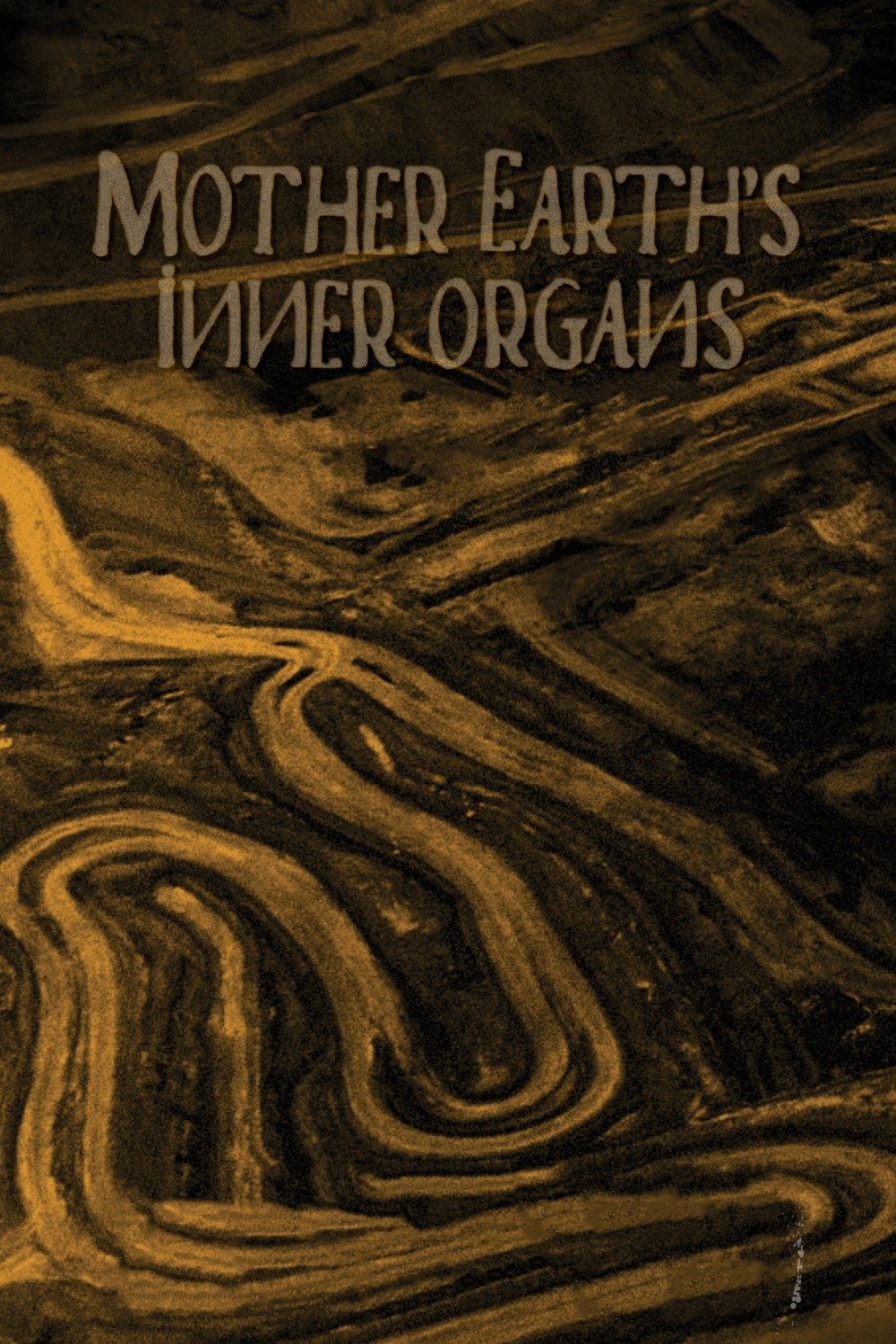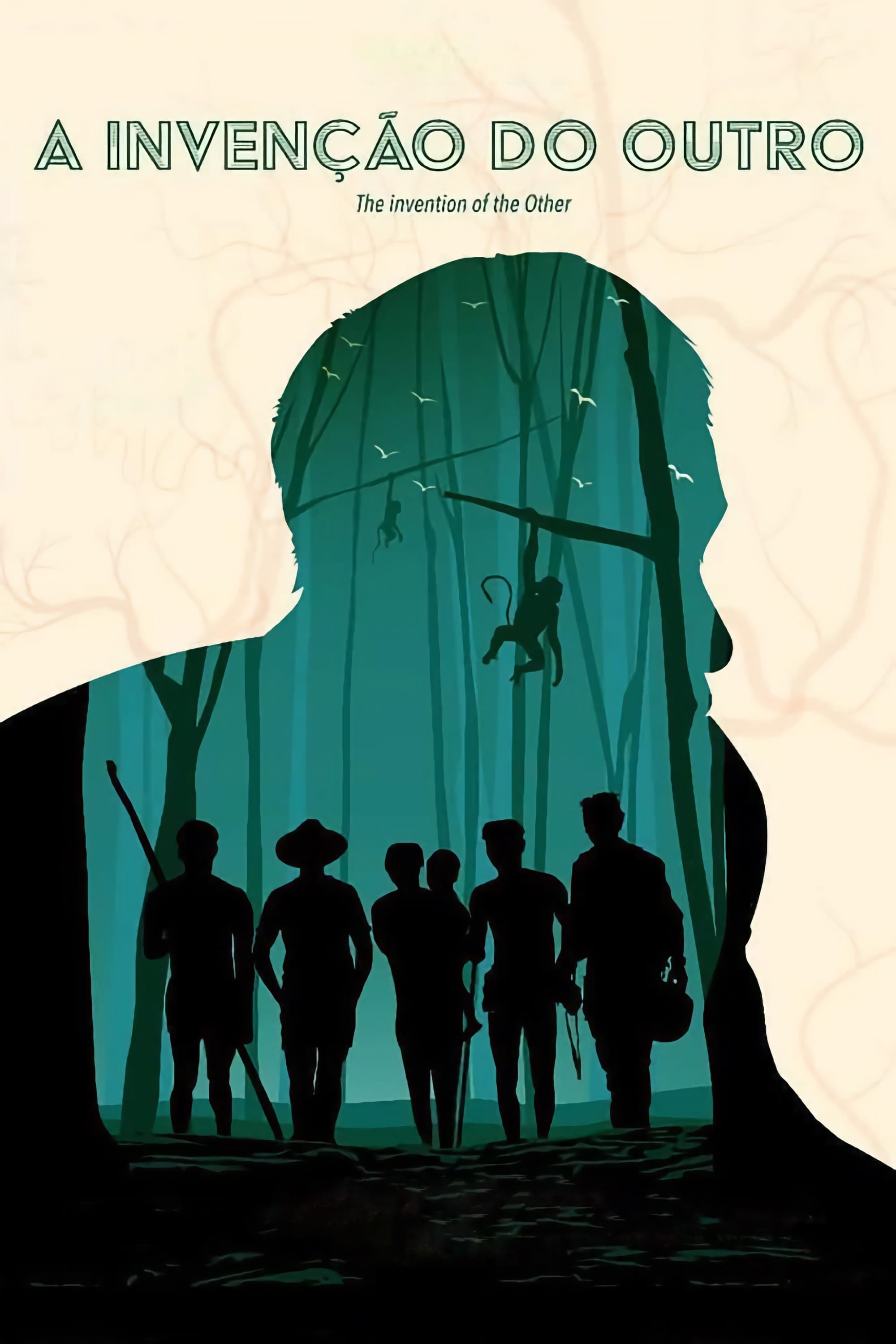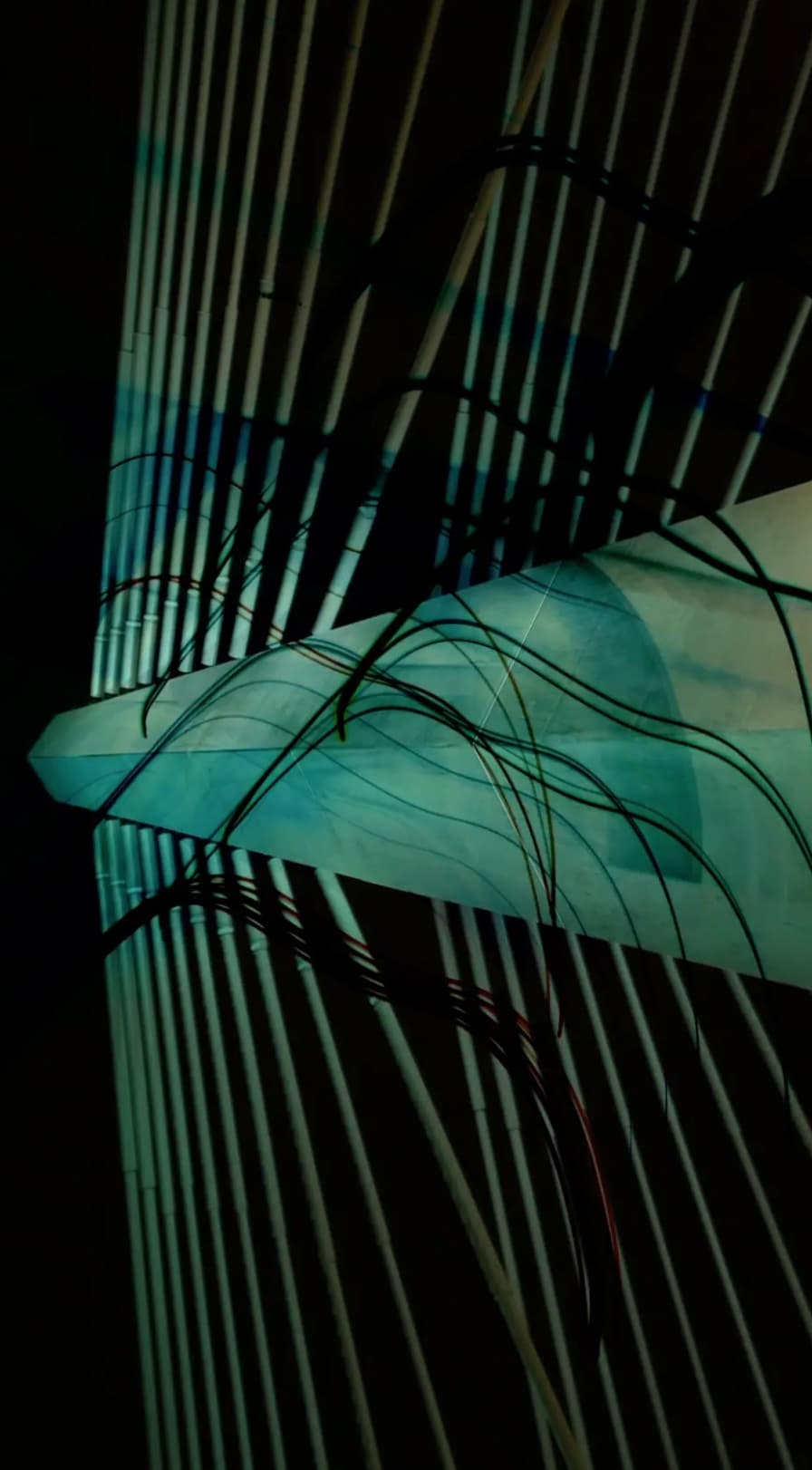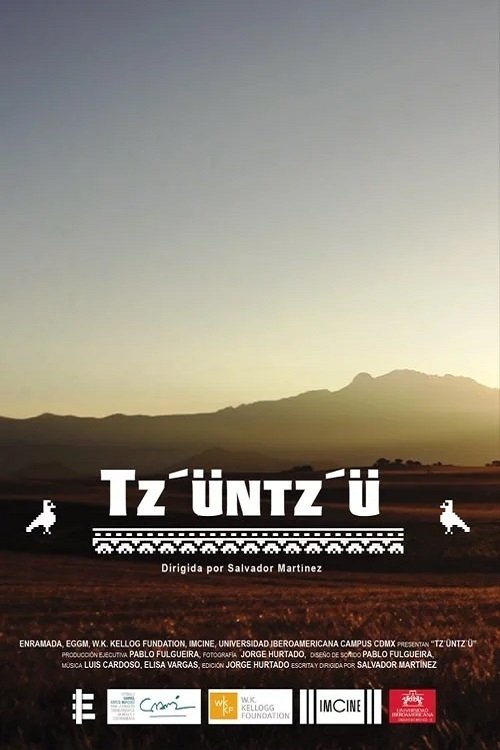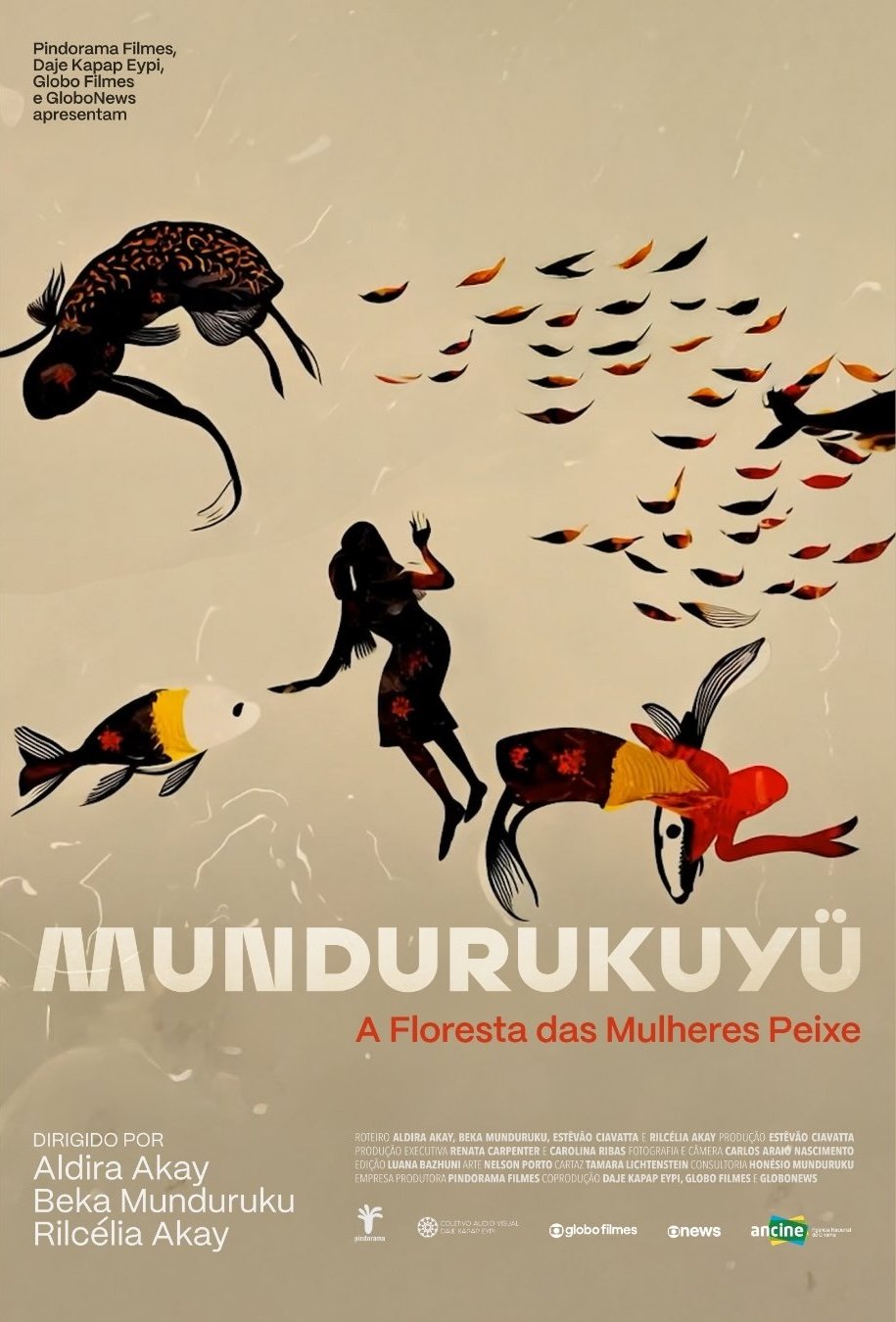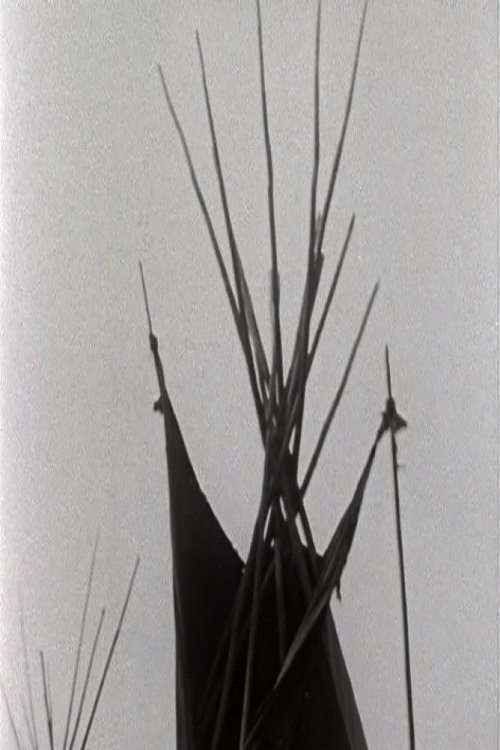
Lady Warrior
Watch Movie
Share
Cast & Crew
8 members
Acting
Cheryl Gopher
Unknown Role
No Image
Acting
Mansel Stone
Unknown Role
No Image
Acting
Jess Nighttraveller
Unknown Role
No Image
Acting
Jamie Ochipwao
Unknown Role
No Image
Acting
Logan Redcrow
Unknown Role
No Image
Acting
Delaina Sharp Baptiste
Unknown Role
No Image
Acting
Orville Stone
Unknown Role
No Image
Acting
Tyson Stone
Unknown Role
No Image

